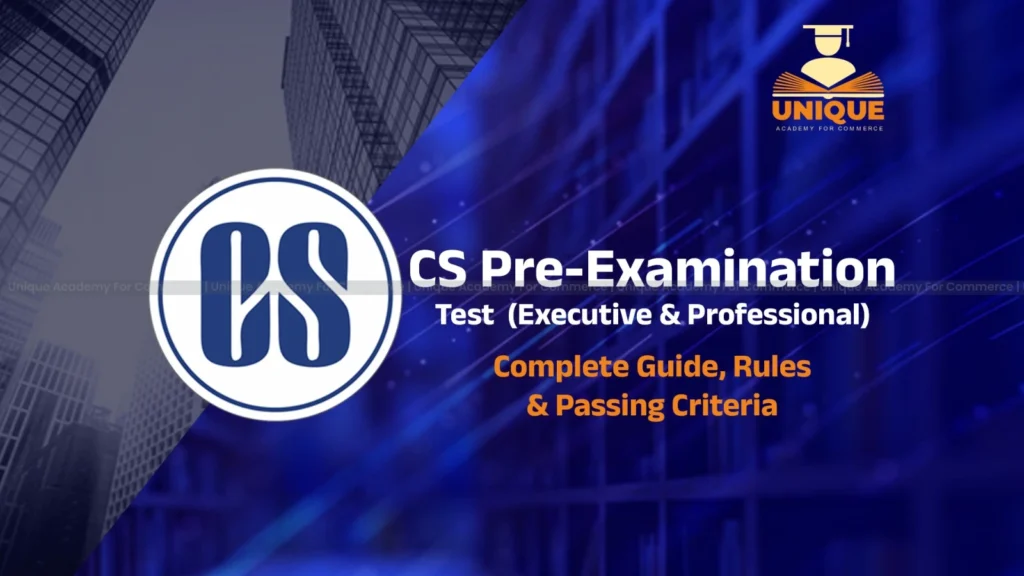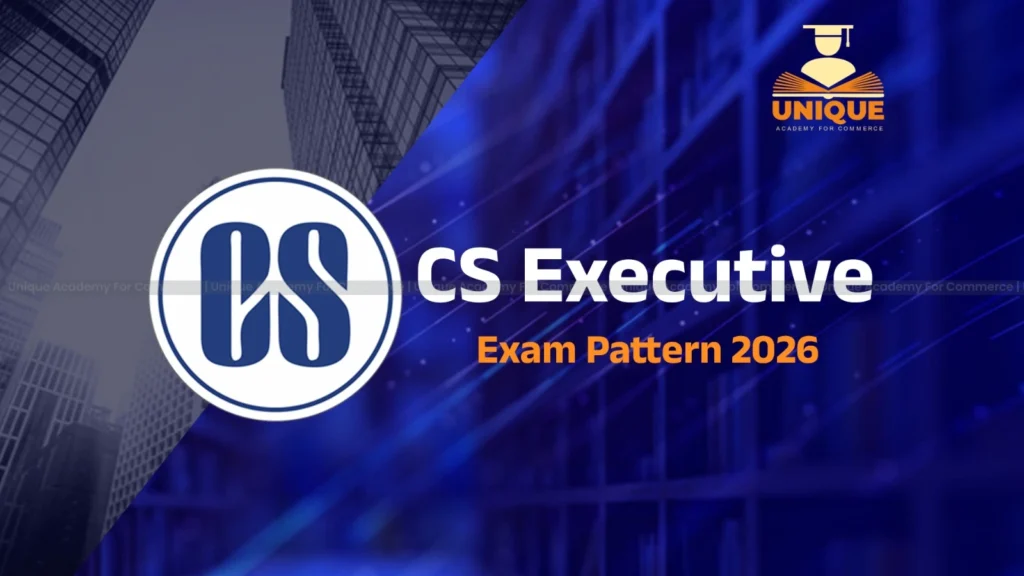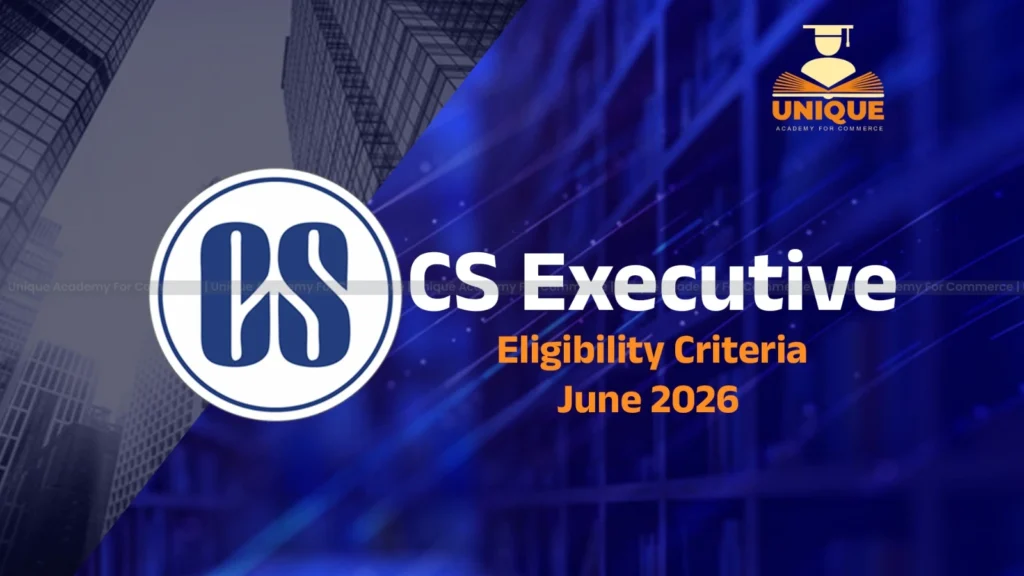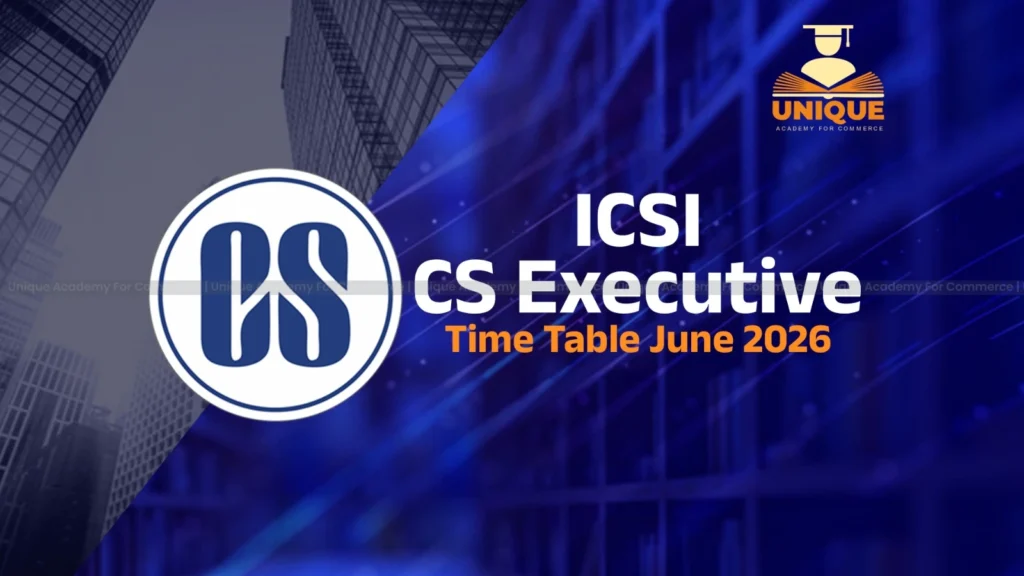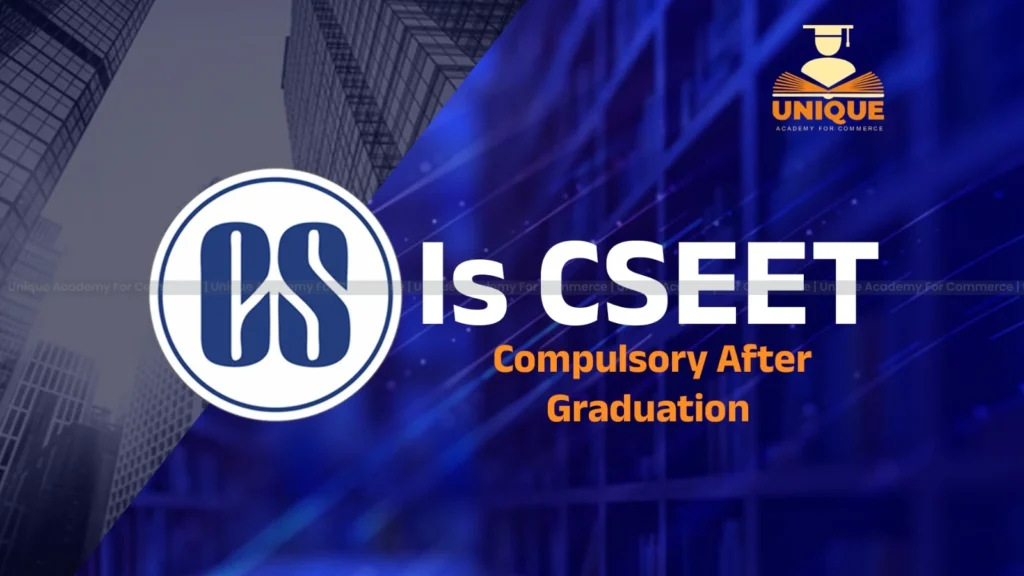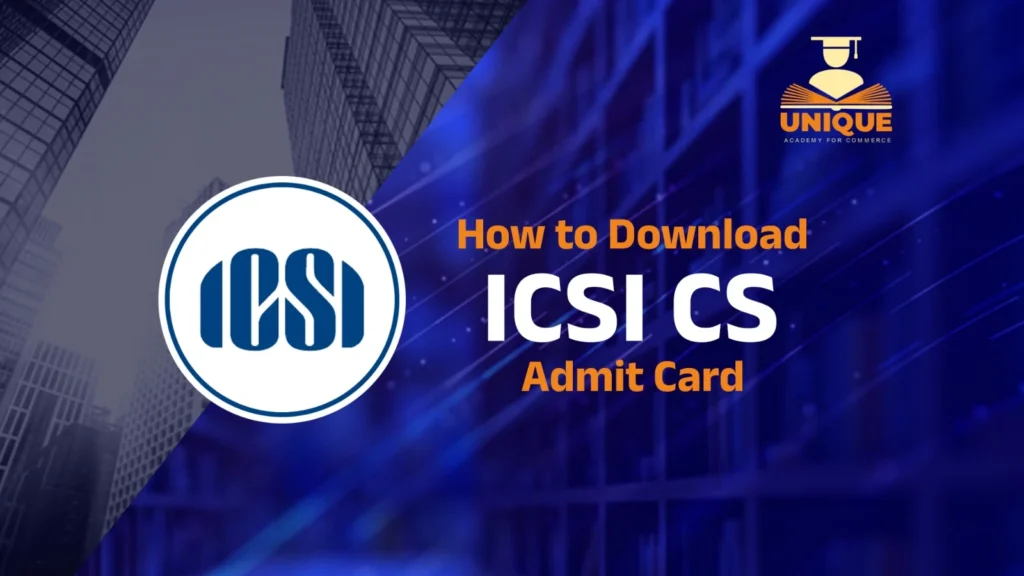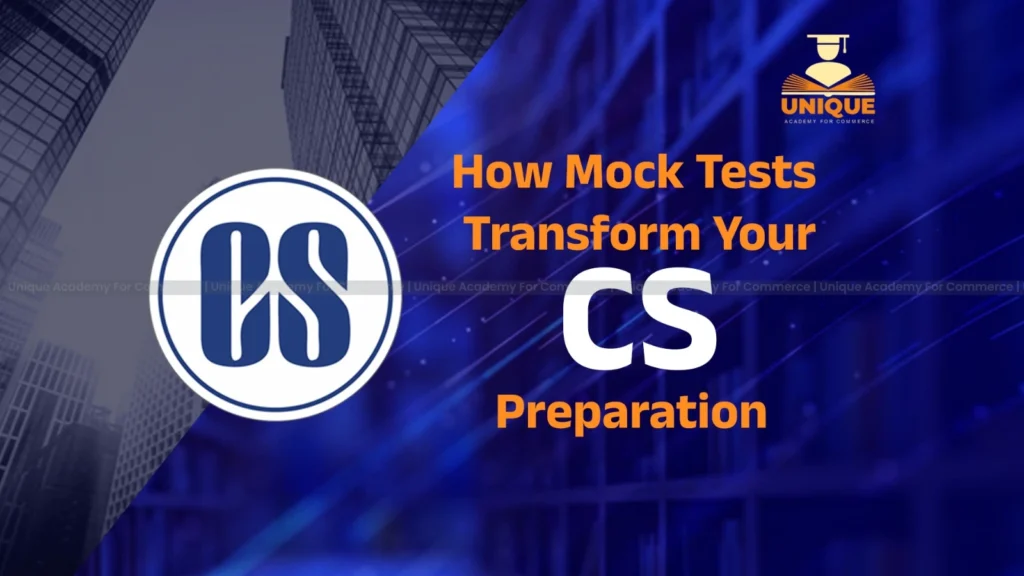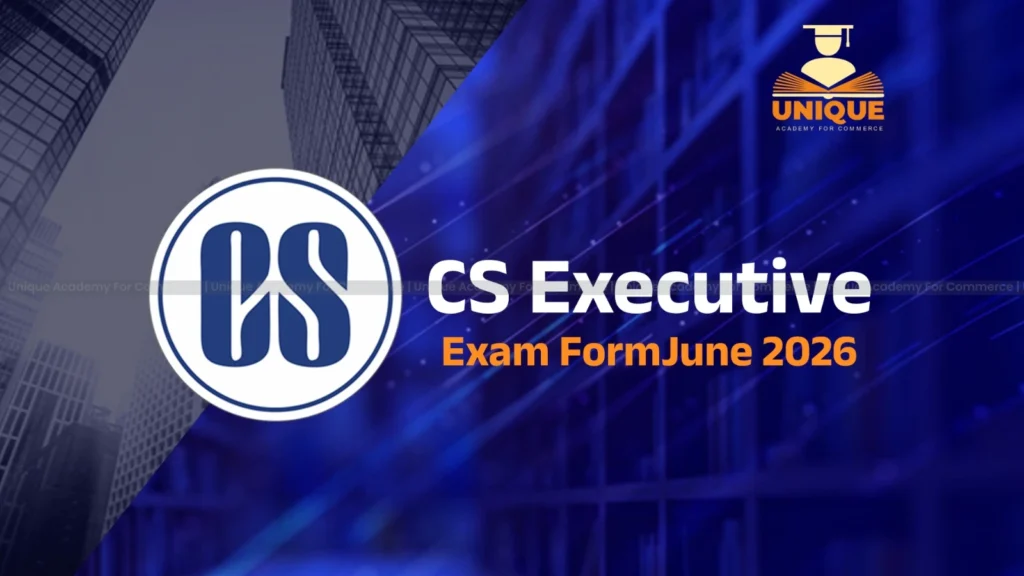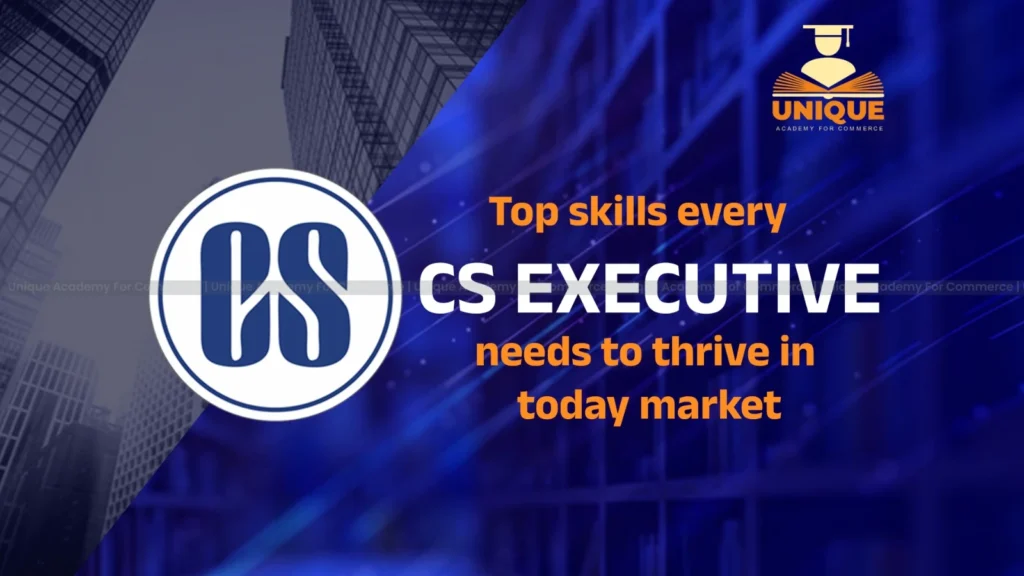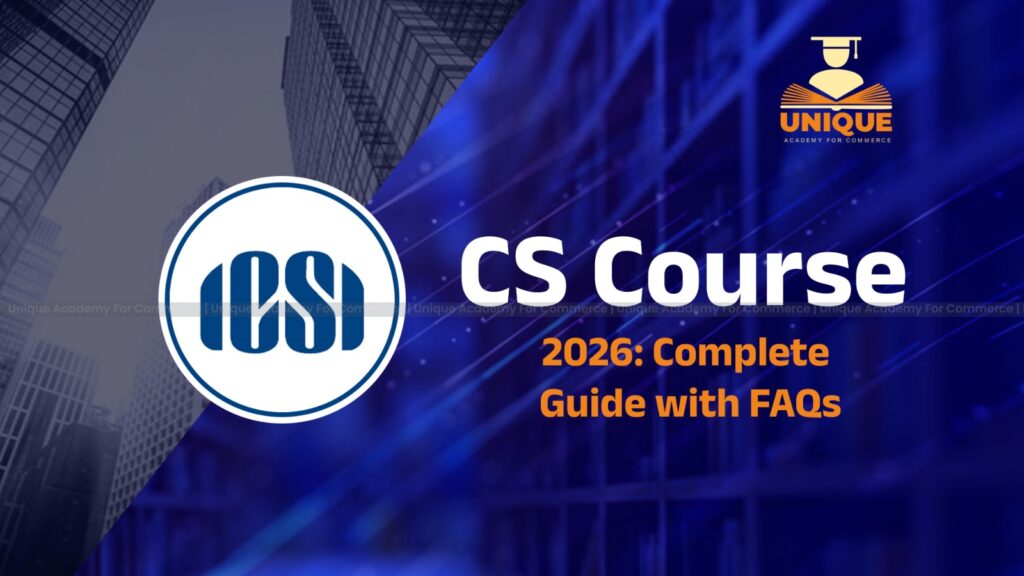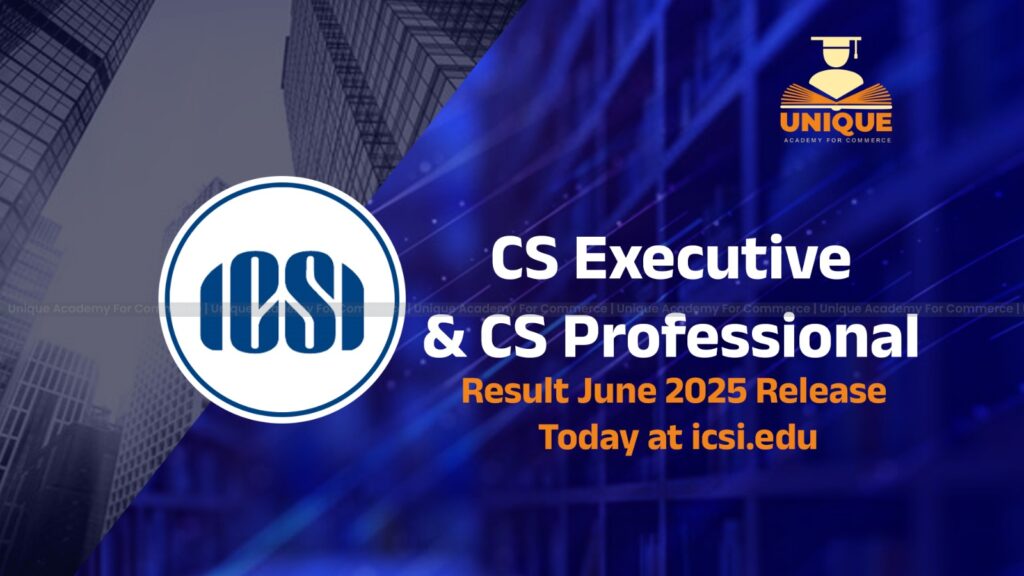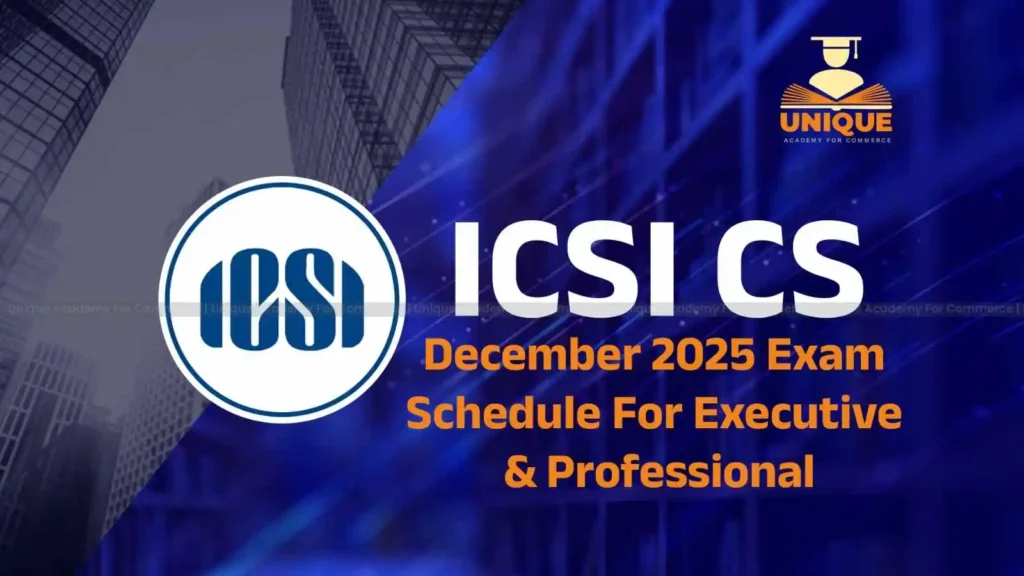Next Steps After Clearing CS Executive | What After Passing the CS Executive Exam
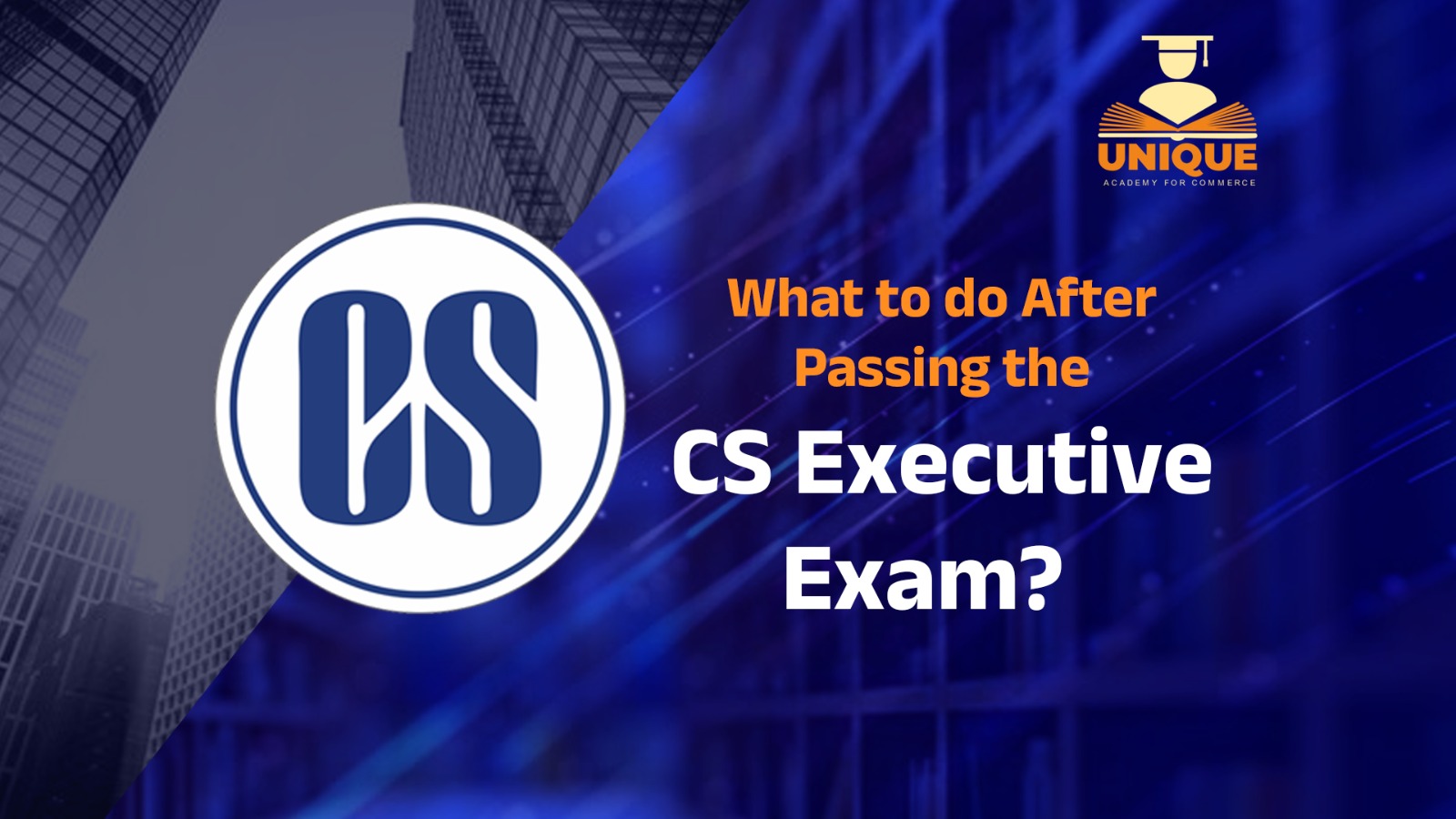
Clearing the CS Executive examination is a wonderful milestone in the journey towards becoming a Company Secretary. It is the leap from basics and foundation level of knowledge to higher-level professional education and paves the way to practical training and advanced studies. Only after clearing the Executive level, it’s essential to know the following steps laid down by the Institute of Company Secretaries of India (ICSI) in order to remain on course for successful completion of the CS course and subsequent membership.
A Complete Guide
After the students clear the CS Executive program, students must undergo a training phase including:
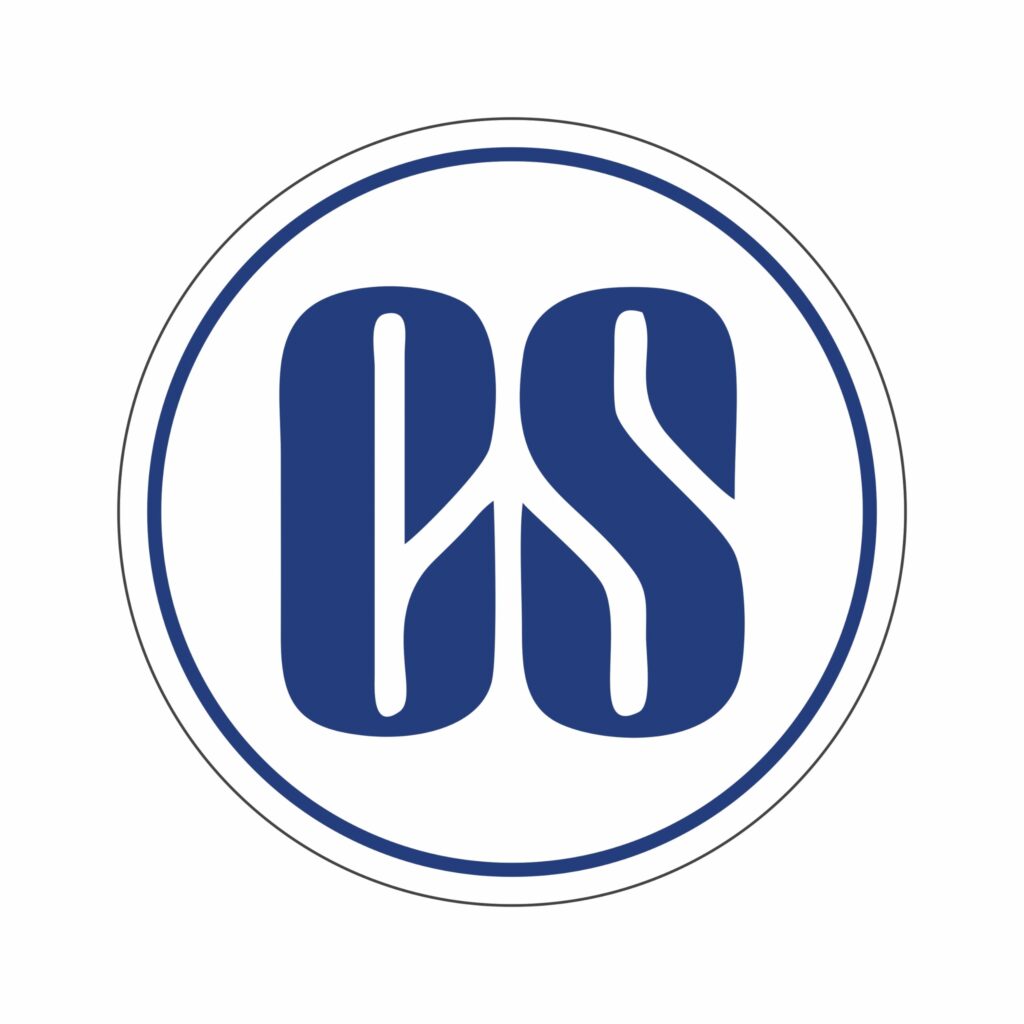
- Executive Development Programme (EDP): A 30-day classroom and online module course designed to equip students with a minimum level of soft skills and professional readiness.
- 21 Months Practical Training: Practical training under a registered company or under practicing CS helps in the acquisition of hands-on experience in corporate compliance, governance, and legal documents.
- Corporate Leadership Development Programme (CLDP): This program follows the Professional Program and training phase and continues for 30 to 60 days with a focus on nurturing students for leadership roles.This training is conducted by the ICSI to enhance the readiness of students to perform professional duties with integrity, ease and efficiency.
Visit to Get more details about CS Executive
After completing the CS Executive course, you will have a lot of exciting choices before you:
- Membership: You can apply for Associate Membership of the Institute of Company Secretaries of India (ICSI) so that you are eligible to hold the ACS (Associate Company Secretary) designation, which officially recognizes your professional recognition
- Practical Experience: Gain practical experience in different sectors like finance, law, or corporate governance to further develop your skills and expertise and make a wonderful and rich corporate career.
- Higher Studies: Opt for higher studies in order to broaden your horizon and boost your career opportunities. You can choose the third level of ICSI exam that is the CS Professional, MBA, LLB, CA, or CMA courses.
- Specializations: Opt for specialization in areas to acquire expertise and market value, e.g., corporate law, taxation, financial management, or secretarial practice.
- Career Routes: Research different career routes your ability may be used in, e.g., company secretary, compliance officer, legal adviser, expert on corporate governance, or risk management specialist.
- Entrepreneurship: Or if entrepreneurial, set up your own practice or consulting firm of your own, providing service to business and individuals.
- Research and Academia: For the desire to teach or engage in research, academic opportunities or research pursuits in closely related fields to company secretaries exist.
- Professional Certifications: you can enhance yourself with further certifications such as Certified Corporate Governance Professional (CCGP) or Certified Compliance Professional (CCP). You can also opt for foreign courses like the US CMA, ACCA, CPA ,FRM , CFA etc.
- Networking: Become a member of professional networks and associations to network, learn from other professionals, and remain informed on industry trends and innovations. And always remember network is networth.
- Skill Upgradation: always focus on improving your technical skills and upgrade your knowledge base on a regular basis by joining courses, workshops, and seminars in order to be competitive and updated in the profession.
Learning While Undergoing CS Executive Course
The training period is designed to acclimatize students with the actual problems and daily work of a Company Secretary. The critical learnings include:

- Preparation of Legal Documents: Comprehension and preparation of resolutions, notices, agreements, and responses to statutory authorities.
- Financial and Taxation Knowledge: Collaboration with finance teams to record work, impart practical tax and financial reporting expertise.
- Professional Communication: Developing communication skills that can be applied to interacting with stakeholders, customers, and firm boards.
- Proactiveness and Flexibility: Training instills proactiveness and the desire to investigate diverse responsibilities within corporate settings.
Working Hours and Leaves for CS Training
The work hour specifications and the holidays during the CS training are as follows:
•The trainee and instructor should mutually agree upon the training times, preferably from 8:00 am to 8:00 pm, with at least 8 working hours a day.
•Studying and examination leaves are provided solely for CS exams (levels all) and not for any other course.
•Trainees who have passed the Executive Programme and are taking the Professional Programme test are eligible to take leave for 52 days, of which 31 days are particularly earmarked for tests.
•A Company Secretary in Practice or an employer of a trainee shall provide at least a monthly allowance of Rs. 5,000 or such amount as the Council decides from time to time.
Corporate Leadership Development Program After the CS Professional
Lastly, there is the Corporate Leadership Development Program. This is undertaken after the Professional Program has been cleared and practical training and the one-month EDP have been done.
• The training takes 30-60 days.
• The Institute can modify the duration prior to applying for membership of ACS.
• The students should note that the articleship is a key job. It is vital to their study and career.
This is just the starting point of your professional life. Apply this learning to the maximum.
The CS Executive journey does not end with clearing exams. It has many opportunities in terms of mandatory training to further education, skill development, and several career paths. If you choose to further the professional program or venture into an alternate domain, each step leads you to long-term prosperity.
With shifting regulatory environments and growing emphasis on governance, the role of Company Secretaries continues to grow in significance. The training process is not merely ritualistic but is the cornerstone for building a robust, pragmatic foundation in the corporate world.
Visit to Get more details about CS Executive





